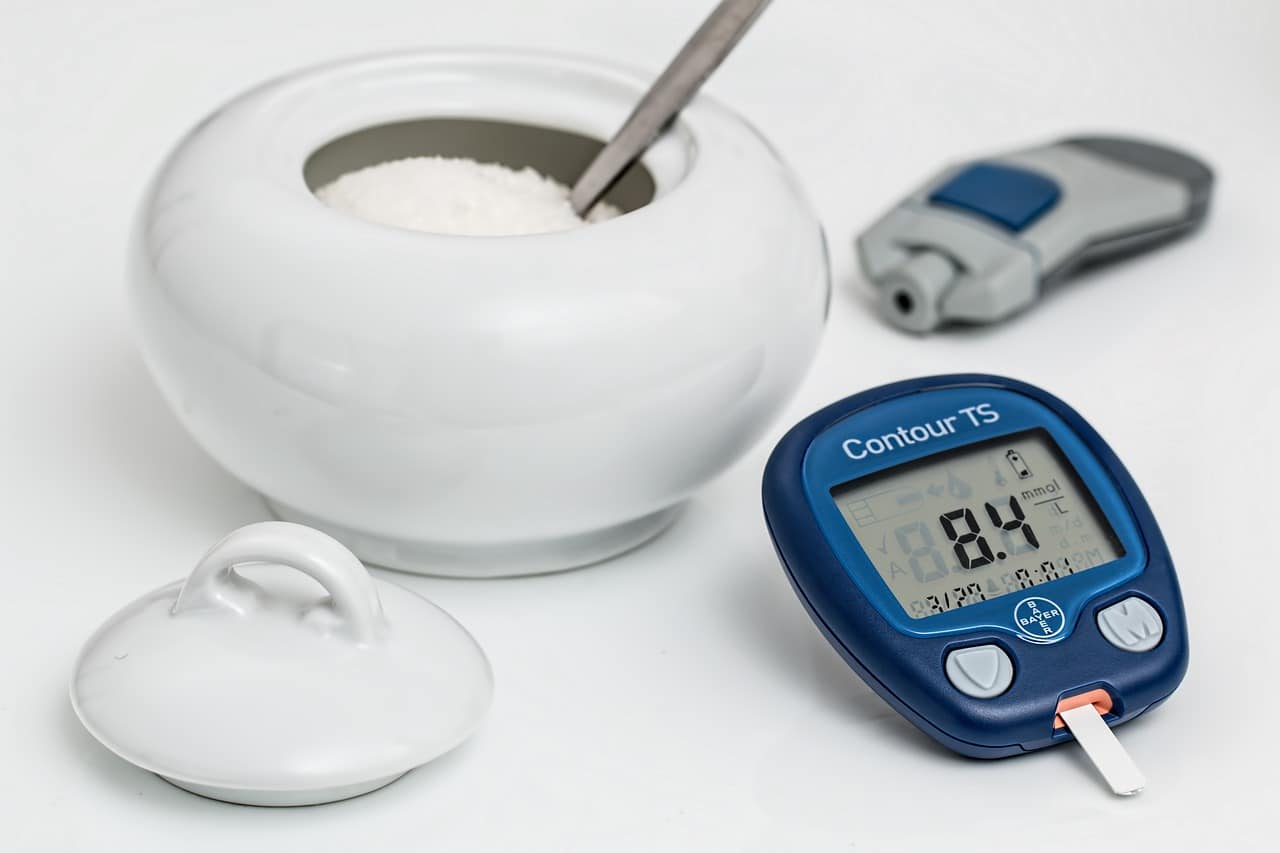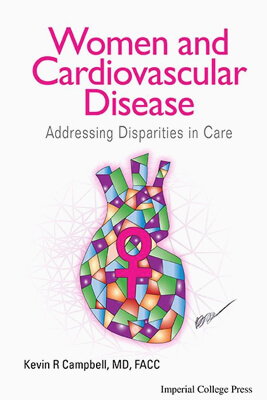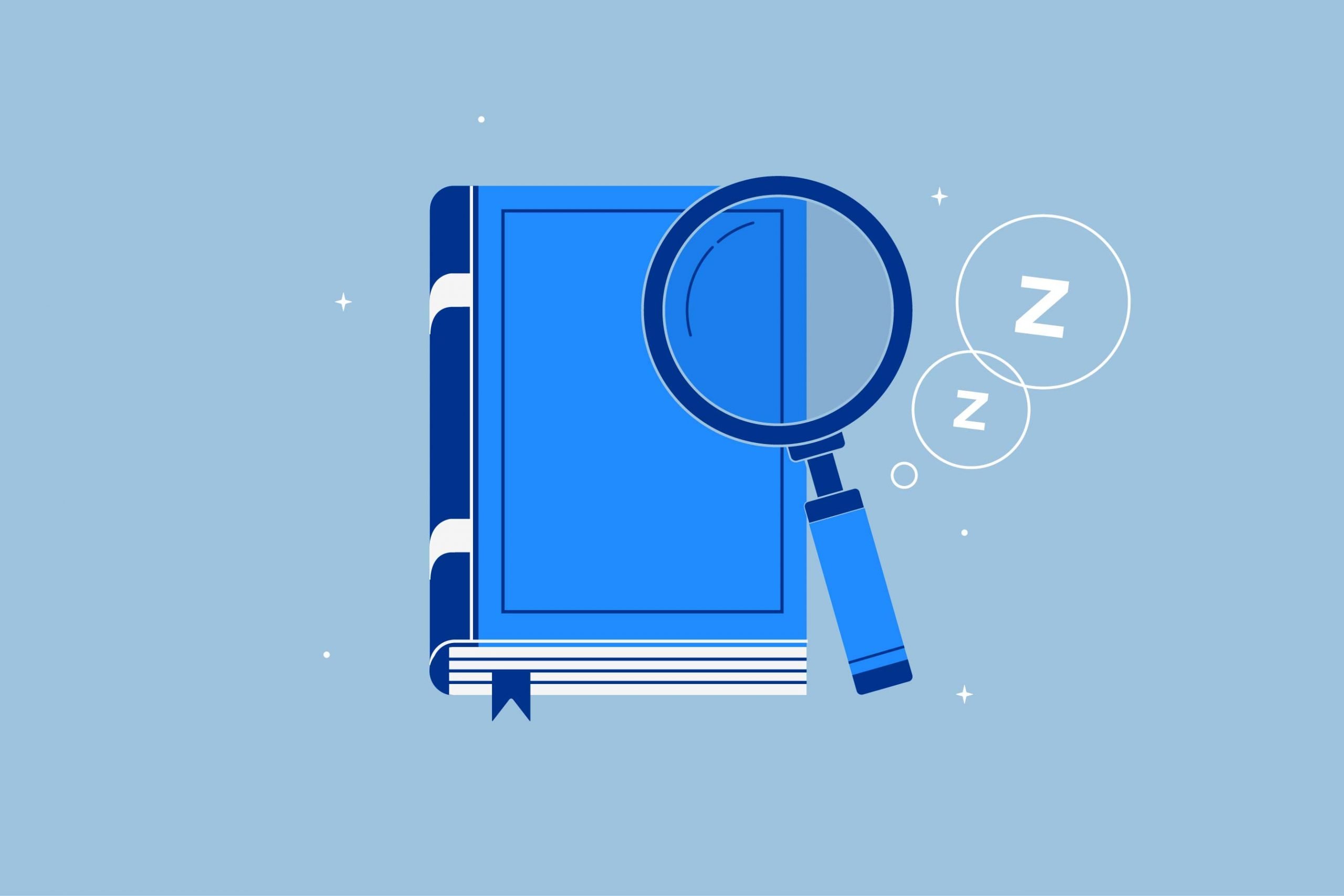Cardiologist Dr. Kevin Campbell answers questions on diabetes, cardiovascular health and the importance of getting healthy sleep.
It’s currently estimated that 29 million Americans have diabetes according to the Centers for Disease Control. That’s nearly 10% of the population, and rates of new diagnoses have been on a steady upward trend, nearly doubling since the 1990s.
Diabetes involves higher than normal levels of blood glucose, related to not producing enough insulin or the body’s inability to efficiently use its insulin. While risk factors include older age, obesity, lifestyle habits and family history, diabetes is something that can occur in almost anyone.
Awareness of diabetes has been increasing in recent years, highlighting the importance and seriousness of the condition. Research links it with a variety of other health complications, including high blood pressure and heart disease. Recent studies have also shown potential connections between diabetes and impaired sleep, as well as a lack of sleep increasing risk of diabetes.
In order to learn more, we reached out to Dr. Kevin Campbell, MD, FACC, for insight into how diabetes relates to sleep, and to learn more about it’s physical effects on the body. As a condition that affects the blood and circulatory system, diabetes proves to be an important area of focus in cardiology.
Dr. Campbell is a practicing cardiologist, specializing in cardiac electrophysiology, and an assistant professor of medicine at the University of North Carolina at Chapel Hill. He is also an author, medical expert for WNCN in Raleigh, and regular guest on Fox News programs and SiriusXM Doctor Radio.
Read on to learn about the connections between diabetes and sleep, and how to set yourself up for better health.
Rosie: Can you tell us how diabetes impacts a person’s body and overall health?
Dr. Campbell: Diabetes is a risk factor for heart disease and cerebrovascular disease, so it puts you at risk for both heart attack and stroke. It can damage the lining of blood vessels and can promote the development of plaque which can cause strokes and heart attacks.
It is something that can harm your kidneys, and ultimately if you don’t control your blood sugar, you can have renal failure and need dialysis after many years of poorly controlled diabetes.
Diabetes can also affect the eyes and is one of the leading causes of blindness in the United States.
The good news is, if you control your blood sugar and take care of your diabetes, whether it’s Type 1 or Type 2, you can significantly reduce the risk of all of these ill effects.

Rosie: A significant percent of Americans don’t get enough shut eye, and some research suggests this may increase risk of or exacerbate diabetes. How can skimping on sleep affect the heart and blood chemistry?
Dr. Campbell: When you have poor sleep, you typically wake up with higher levels of stress hormones and things of that nature, all of which can cause blood sugars to run high. It’s sort of indirect — abnormal sleep results in higher levels of resting stress hormones like epinephrine, norepinephrine, as well as cortisol, and then those stress hormones can have an effect on blood sugar control.
It’s really important that all of us, whether we’re diabetics or not, get plenty of sleep. Multiple studies have looked at it and it seems like the ideal amount of sleep for adults is about 7 to 7.5 hours per night. Younger people need much more sleep, teenagers tend to need a lot more, but then as we age and become older, we don’t seem to need as much sleep.
I think it’s important to give our bodies that time to rest, recharge and repair cellular damage and all of the stuff we see occurring during sleep. Quality sleep is important for everyone, and it’s certainly even more important for someone with a chronic disease like diabetes.
Rosie: Poor circulation and hypertension are often associated with diabetes, but during rest, healthy circulation seems important for the brain and cell repair. What effects do impaired circulation or blood pressure have on sleep?
Dr. Campbell: Anytime you have vascular disease, hypertension (high blood pressure) or conditions like that, it’s something that can negatively impact the blood vessels that go to brain. Though there may not be a direct correlation, abnormal blood flow to the brain can negatively impact your sleep quality in a roundabout way.
Getting plenty of physical activity and walking everyday are helpful for promoting good circulation, and controlling blood sugar and a good diet also prove important.

Rosie: In what other ways can diabetes influence people’s sleep habits or quality?
Dr. Campbell: One of the things with diabetes is that you can have swings between high blood sugars and low blood sugars. When your blood sugars are either unusually high or low, it can certainly disrupt your sleep.
High blood sugars can cause nausea and vomiting, it can cause trouble concentrating, and it can cause frequent urination, meaning you have to get up and go to the bathroom many times during the night. Low blood sugars can also disrupt your sleep because of the fact that your brain is not getting enough oxygen, nutrients or sugar.
If you’re having trouble with your diabetes, you may have to get up many times during the night to check your blood sugar or give yourself extra insulin, and certainly when you’re hopping up and down all night to manage your blood sugar, it’s going to reduce your sleep quality.
The good news is that now, we have wonderful tools like glucose monitors and insulin pumps that really make managing diabetes much easier than it used to be.
Rosie: What can people with diabetes do during the day to achieve better sleep?
Dr. Campbell: The same rules apply for diabetics that apply to everyone else, like eating a healthy diet and getting plenty of exercise. Make sure you don’t eat or drink after about 8 o’clock at night because you want to make sure your body is ready to go to sleep.
Limiting screen time at night and artificial light is also important. If you’re using your iPad or your computer or e-reader, that artificial light can disturb the way the body produces melatonin, a sleep hormone that’s important for regulating sleep-wake cycles.

For diabetics specifically, certainly getting the right nutrients, diet and exercise, and controlling blood sugar through the day really makes it a lot easier to control blood sugar at night. If you’re fighting to control your blood sugars all day long and they are out of whack all day long, you can expect them to be out of whack at night.
If you want learn more about cardiovascular health, Dr. Campbell’s website includes links to his work and television appearances, and his blog offers frequent posts on medical and healthcare topics.
Dr. Campbell is also an advocate for reforming women’s cardiac care, a subject he discusses in his recent book, Women and Cardiovascular Disease: Addressing Disparities in Care.
If you have diabetes, how do you notice it affecting your sleep habits? What helps encourage you get enough rest?
About the author
Rosie Osmun, a Certified Sleep Science Coach, brings a wealth of knowledge and expertise to the health and wellness industry. With a degree in Political Science and Government from Arizona State University College of Liberal Arts and Sciences, Rosie's academic achievements provide a solid foundation for her work in sleep and wellness. With over 13 years of experience in the beauty, health, sleep, and wellness industries, Rosie has developed a comprehensive understanding of the science of sleep and its influence on overall health and wellbeing. Her commitment to enhancing sleep quality is reflected in her practical, evidence-based advice and tips. As a regular contributor to the Amerisleep blog, Rosie specializes in reducing back pain while sleeping, optimizing dinners for better sleep, and improving productivity in the mornings. Her articles showcase her fascination with the science of sleep and her dedication to researching and writing about beds. Rosie's contributions to a variety of publications, including Forbes, Bustle, and Healthline, as well as her regular contributions to the Amerisleep blog, underscore her authority in her field. These platforms, recognizing her expertise, rely on her to provide accurate and pertinent information to their readers. Additionally, Rosie's work has been featured in reputable publications like Byrdie, Lifehacker, Men's Journal, EatingWell, and Medical Daily, further solidifying her expertise in the field.
View all posts





